Prometheus CEO outlines tech advances that could make CO2-to-fuels renewable gasoline and jet price-competitive with fossil fuels
Green Car Congress
JANUARY 30, 2020
In a commentary in the journal Joule , Rob McGinnis, founder and and CEO of Prometheus , a company that is developing technology to remove carbon dioxide from the air and turn it into fuels, discusses the technology advances that could lead to the potential price-competitiveness of renewable gasoline and jet with fossil fuels.


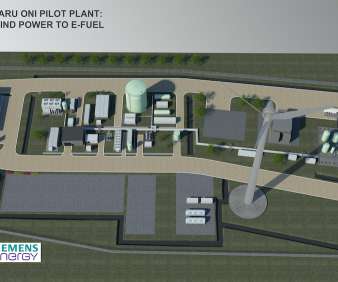
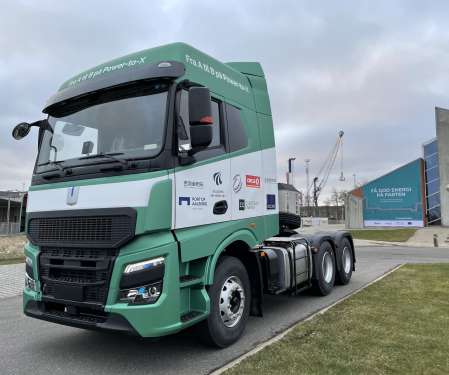



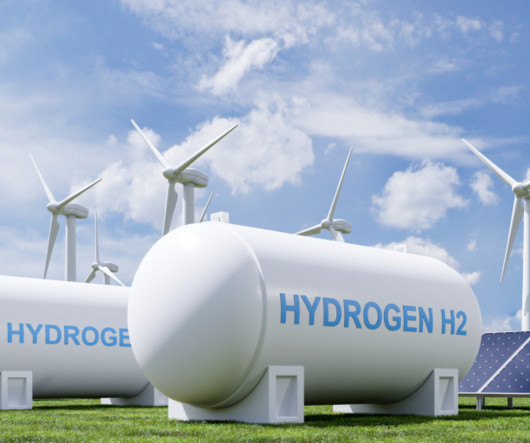



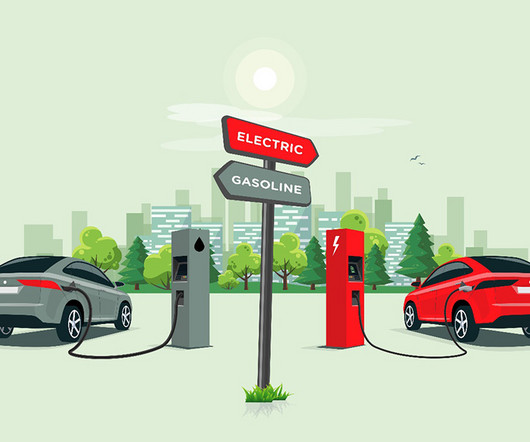



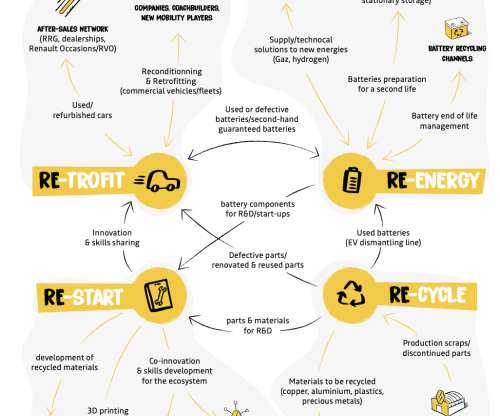

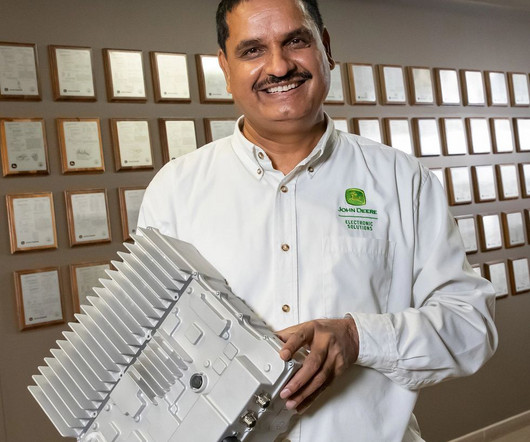














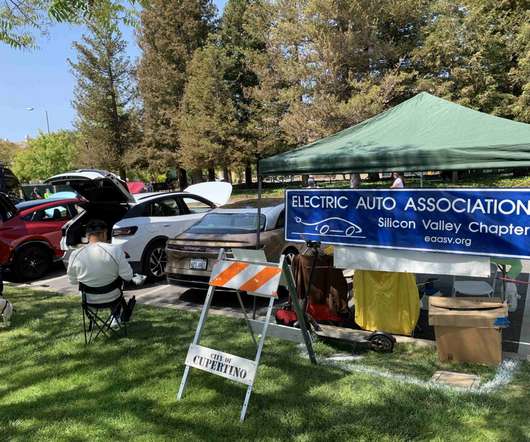












Let's personalize your content